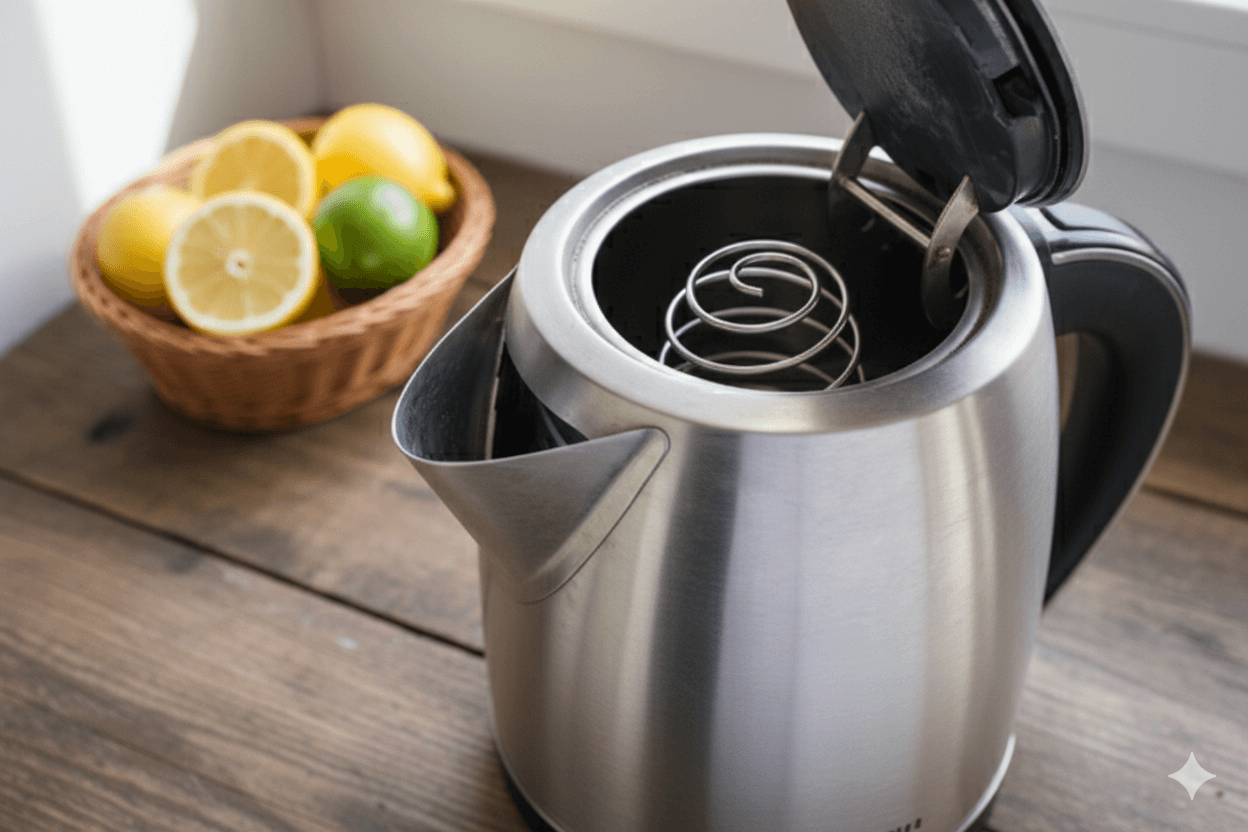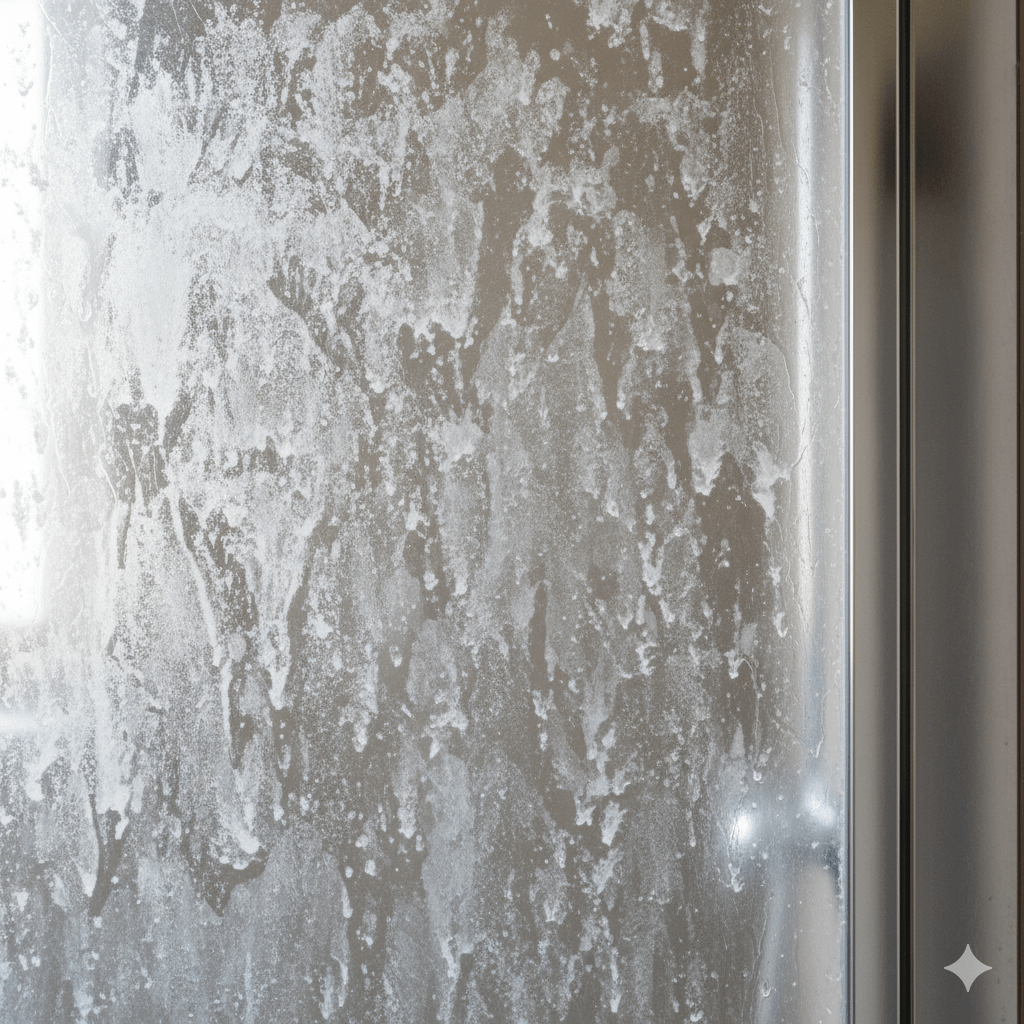The Hidden Signs Your Apartment Needs a Water Conditioner

You expect the water in your apartment to be clean, fresh, and safe. But sometimes, what flows from your taps tells a different story. Maybe your showers leave you itching. Maybe your dishes never look truly clean. Or maybe your energy bills keep climbing for no clear reason. These little annoyances often share the same culprit: untreated water. A water conditioning system can make all the difference by reducing hard minerals and impurities that cause these problems. If you're unsure whether it's time to consider one, here are seven clear signs your apartment could benefit from a water conditioner right away.
1. Your Water Tastes or Smells Strange
Water should be refreshing, not something you hesitate to drink. If your tap water tastes metallic, bitter, or overly chlorinated, it's often a sign that unwanted contaminants are present. Trace metals, chlorine, or sulfur compounds are common sources of these unpleasant flavors and odors.
Expert resources like https://crystalsoftwater.com/ explain how water conditioning systems remove these minerals and even trace heavy metals. Many rely on anion/cation resin technology, where tiny resin beads swap out problem particles for harmless ones, producing balanced, better-tasting water right at the source. You'll notice the difference every day. Coffee and tea taste cleaner, pasta and rice cook with better flavor, and you're less tempted to buy bottled water just to avoid the tap. A water conditioning unit makes it easy to trust what comes out of your faucet, giving you water that's consistently safe and enjoyable.
2. Soap and Cleaning Don't Work Well
You know the frustration: soap that barely lathers and dishes that come out of the dishwasher looking worse than when they went in. Hard water makes it difficult for soap and detergents to dissolve, which means you use more and still get streaky results. You may also notice cloudy glasses or spots that refuse to wipe away.
This problem can be even worse if your apartment building pulls from well water, where mineral content tends to run higher. Installing a residential water softener or conditioner helps soaps work the way they should, saving you time and money on cleaning supplies.
3. Dry Skin and Lifeless Hair
If your skin often feels itchy or tight after a shower, hard water may be the reason. By stripping away natural oils that help maintain moisture, it can leave your skin drier than usual. Hard minerals also react with soaps and shampoos, creating a thin coating that clings to the skin. This residue can worsen irritation, particularly for anyone prone to eczema or sensitivities.
The same minerals settle into your hair, weighing it down and leaving it rough, brittle, or dull despite your best efforts with conditioner. Over time, this buildup makes it harder to wash out products and keep your hair looking healthy. Softening your water reduces these effects. You'll notice skin that feels more comfortable and hair that responds better to styling.
4. Laundry Feels Stiff and Looks Faded
Hard water doesn't stop at the sink or shower. It also seeps into your laundry. Clothes washed in mineral-heavy water lose softness, colors fade faster, and fabrics wear out more quickly. Stiff towels and scratchy shirts are a sure sign that hard water is taking its toll. A water softener system can protect your wardrobe, making clothes last longer and feel more comfortable.
5. Stains and Plumbing Problems
White, chalky rings around faucets, cloudy buildup on shower doors, and gritty deposits in sinks are clear signs of calcium and magnesium in hard water. These minerals leave behind stubborn scale buildup that makes fixtures look neglected and cleaning feel endless.
The same process happens inside your plumbing. Scale coats the walls of your pipes, gradually restricting flow and lowering water pressure. Left unchecked, it can lead to clogs, leaks, or long-term corrosion that requires costly repairs. A water conditioning unit tackles these problems at the source by reducing mineral content before it reaches your fixtures and pipes. That means fewer stains to scrub away, plumbing that functions properly, and less money spent on maintenance.

6. Home Appliances Wear Out Faster
Dishwashers and washing machines often show the first signs of hard water. Scale builds up inside, clogging spray arms in dishwashers and leaving clothes stiff in washing machines because detergent can't fully rinse away. Over time, these issues force the machines to work harder, which shortens their lifespan and leads to more service calls.
Appliances with heating elements are just as vulnerable. Coffee makers, kettles, and water heaters lose efficiency when coated with a thin layer of scale. Heat transfer slows, so the appliance uses more energy to deliver the same result. What starts as a small inconvenience gradually turns into wasted energy and higher costs. Installing a residential water softener or conditioning system keeps your home appliances running closer to their intended capacity and helps lower repair needs.
7. Higher Energy Bills
Mineral buildup harms plumbing and appliances, but it also reduces your water heater's efficiency. When calcium coats the heating elements, the system uses more energy to heat the same amount of water. Over time, that inefficiency shows up as higher utility bills. Restricted water flow from scale inside pipes and heaters makes the problem worse, forcing your system to work harder while giving you less output. Conditioned water prevents buildup and helps your water heater deliver steady performance, which keeps monthly costs under control. If your bills have crept up with no clear reason, hard water may be the hidden cause.
Final Thoughts
Untreated water shows itself in small but constant ways: rough skin, spotty dishes, faded clothes, stubborn stains, stressed appliances, clogged pipes, and rising bills. If you've noticed any of these warning signs, it's time to act. Installing a water conditioning system won't solve everything overnight, but it can make a noticeable difference over time, whether it's softer laundry, easier cleaning, or fewer plumbing concerns. Tackling water quality promptly may help you avoid bigger hassles later and make your apartment feel more comfortable day to day
Published 9/22/25